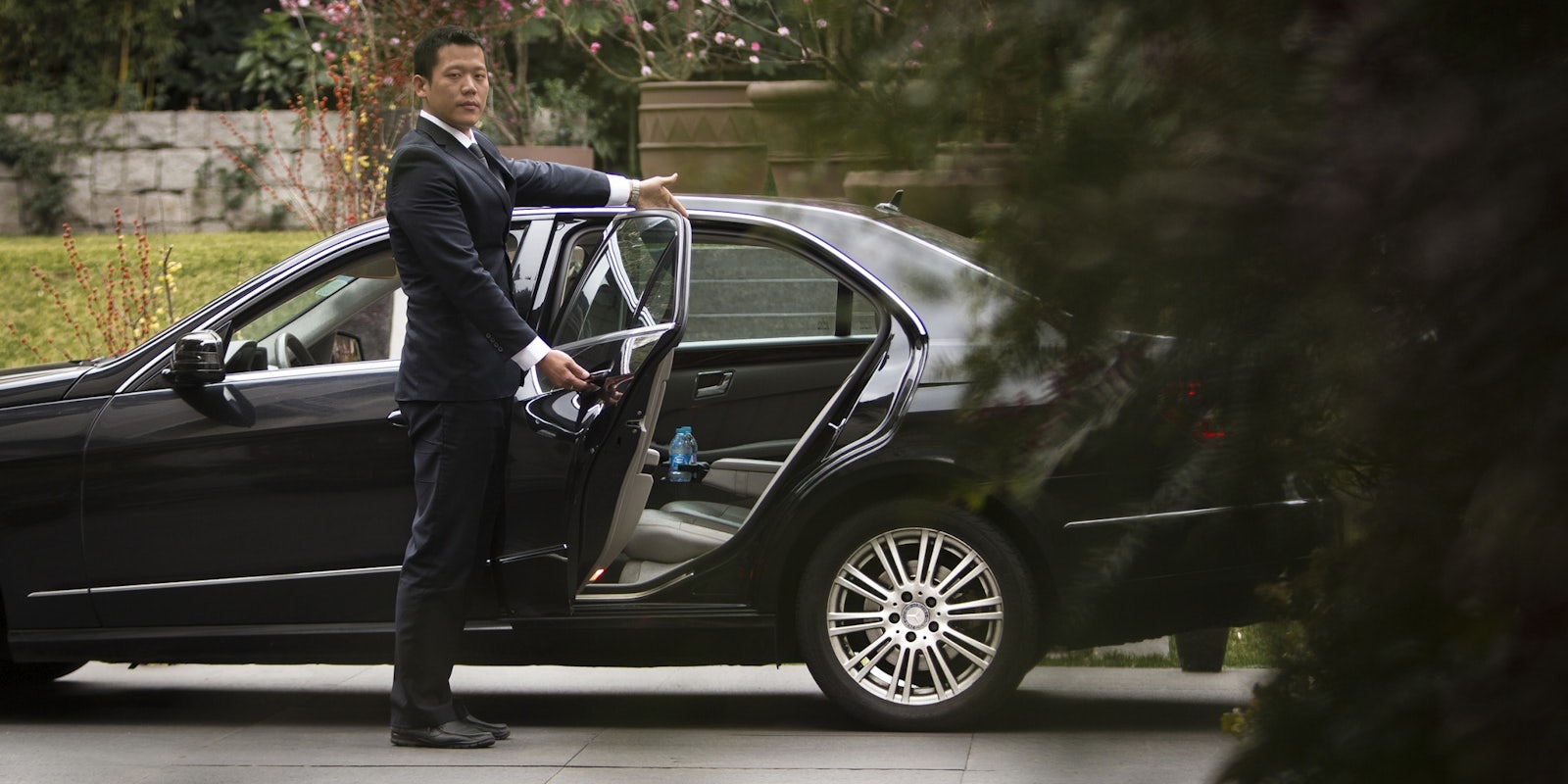Uber is playing dirty with its prime competitor, Lyft using a system of independent contractors to order rides and recruit drivers, according to documents unveiled by The Verge. The tactics have resulted in thousands of canceled rides for Lyft, and has hindered growth of the ride-sharing company.
Lyft accused Uber of canceling thousands of Lyft rides earlier this month, which it flatly denied, but according to contractors working for the company who spoke with The Verge, the allegations are true.
“What’s simply untrue is that not only does Uber know about this, they’re actively encouraging these actions day-to-day and, in doing so, are flat-out lying both to their customers, the media, and their investors,” the contractor said.
The practice of cancelling rides isn’t a one-off attempt to hurt Lyft’s business, but a piece in a larger plan that Uber is currently enacting to avoid a serious challenger to the top spot for on-demand rides it currently sits in.
The program is referred to within Uber as SLOG (Supplying Long-term Operations Growth). According to The Verge, Uber assembled a “street team” in New York that was tasked with gathering intelligence on Lyft, as the company continued its nationwide expansion. Street team members—brand ambassadors, as the company calls them—were given two Uber-branded iPhones, and a series of valid credit card numbers to create multiple Lyft accounts.
Uber gave street team members documents detailing how to avoid getting caught by Lyft, and how to gather the proper information. In the documents obtained by The Verge, Uber tells its street team members to “remember that it is important to space out your requests so you do not get flagged for requesting from the same location on the same account,” and reminding them of its policy for cancelling Lyft drivers is to “wait a period of time before you request so you do not have to cancel on the same driver if you get them again.”
Uber also wanted its street team to attempt to recruit Lyft drivers over to the company. Street team members collected information from interested drivers including names, email addresses, phone numbers, license plate numbers, and screenshots of their Lyft profile. Uber then had team members input that information in a form on its site.
Uber was aware that Lyft might catch on to the scheme and that street team members might get busted if drivers came across a string of people asking them if they wanted to work for Uber. To avoid that issue, Uber had street team members create private groups on the messaging service GroupMe, where they would share profiles of Lyft drivers they had already pitched on joining Uber.
According to a street team member speaking to The Verge, getting busted was the reasoning for the second Uber-branded iPhone, so that “you would have a backup phone if and when that happened so you wouldn’t have to go back.”
While the street team started in New York, emails obtained by The Verge show that Uber has plans to expand the practice to 10 cities around the country.
Uber once again completely denied it has never intentionally canceled rides on its competitors, but did acknowledge that it does use Lyft to recruit drivers.
“We can’t successfully recruit drivers without talking to them—and that means taking a ride. We’re all about more and better economic opportunity for drivers. We never use marketing tactics that prevent a driver from making their living—and that includes never intentionally canceling rides,” Uber said in a statement.
This fight isn’t going anywhere, as the demand for hassle-free rides continues to rise. What is clear is that Uber’s anti-competitive tactics aren’t doing too well for its public image.
H/T The Verge | Photo via Uber
